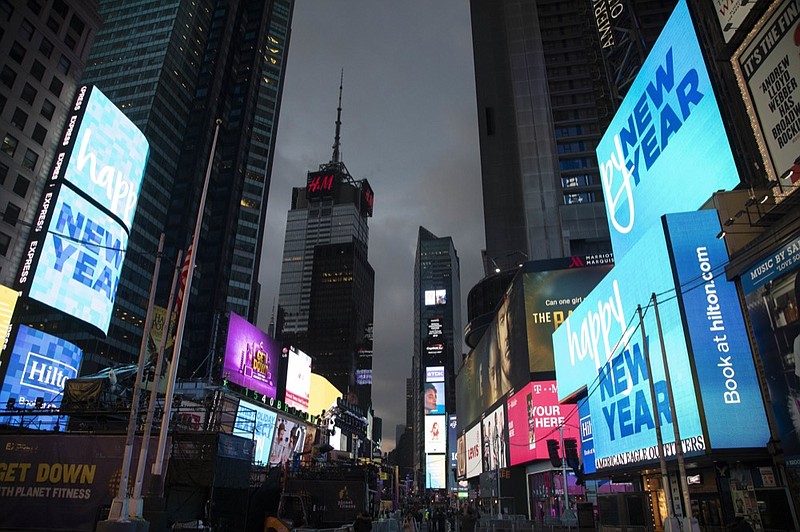WASHINGTON - Bill Safire, the late, great New York Times columnist, made a tradition over 35 years of publishing a year-end "office pool," a multiple-choice quiz in which, as he liked to say, "every reader becomes a pundit" because nobody knows the right answers.
The office pool died with Safire in 2009, but perhaps readers will enjoy speculating about what might animate the President's Daily Brief a year hence, in January 2020. Remember, your guesses are as good as mine.
(1) As North Korean leader Kim Jong Un prepares his 2020 New Year's address, his big challenge will be: (a) finding a thesaurus with more adjectives to praise President Trump for canceling U.S. military exercises; (b): planning a high-speed railway line between Seoul and Pyongyang, despite protests from the United States; (c) finding a graceful way to remove spy chief Kim Yong Chol as the channel to the U.S. and have someone else talk with envoy Steve Biegun; (d) avoiding military incidents at sea and in air with U.S. and Japanese forces.
(2) By the end of 2019, Saudi Crown Prince Mohammed bin Salman will: (a) take the additional title of prime minister and declare elections for a Saudi parliament; (b) hand over day-to-day power to Minister of State Musaad al-Aiban, who promises to rescue collapsing investment in Saudi Arabia; (c) go into exile at a Seychelles Islands resort owned by U.A.E. Crown Prince Mohammed bin Zayed; (d) hold a secret meeting with Iranian leaders in Oman, with Russian sponsorship, to discuss terms for regional stability.
(3) Chinese President Xi Jinping's biggest problem in 2019 will be: (a) fallout from the life imprisonment of his corrupt former spy chief, Ma Jian; (b) publication abroad of Xi phone calls tapped by Liang Ke, who headed Beijing's state security bureau until 2014; (c) a liquidity squeeze caused by slowing trade and rising debt; (d) a military showdown in the Taiwan Strait as Beijing tries to pressure Taiwan to abandon its quasi-independent "status quo."
(4) The biggest headache for Iran's Ayatollah Ali Khamenei in 2019 will be: (a) sustaining a deteriorating economy made worse by harsh U.S. sanctions; (b) waging covert wars in Syria and Yemen without direct conflict with Israel or Saudi Arabia; (c) spurning Trump's eagerness for a new nuclear deal without boosting national security adviser (and Iran hawk) John Bolton's arguments for regime change; (d) staying healthy enough at 79, despite his prostate cancer, to celebrate his 80th birthday in July 2019 and his 30 years as autocratic supreme leader.
(5) By 2020, the U.S. will be locked in a global arms race featuring: (a) hypersonic missiles that can travel up to six times the speed of sound and turn aircraft carriers into sitting ducks; (b) maneuverable "killer satellites" that can destroy communications, surveillance and command-and-control systems in space; (c) autonomous submarines, surface ships, drones, land vehicles and missiles that can be hidden in peacetime and activated for surprise attacks as combat begins; (d) lasers that can disable or destroy satellites, planes, surface ships and other weapons; e) all of the above.
(6) On New Year's Day, 2020, the status of Donald Trump will be: (a) impeached by the House for "high crimes and misdemeanors" but acquitted by the Senate; (b) resigned to return to his first love of real estate; (c) rejected by a unanimous Supreme Court in his effort to block grand-jury access to evidence gathered by deposed special counsel Robert Mueller; (d) holding steady at 35 percent public approval.
My answers: (1) b; (2) d; (3) c; (4) d; (5) e; (6) d.
Washington Post Writers Group

